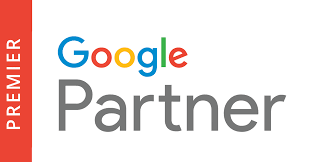Social media has become an integral part of daily human lives, with billions of people across the globe using platforms like Facebook, Instagram, Twitter, and LinkedIn to connect with each other.
This massive audience makes social media an attractive platform for businesses to advertise their products and services. In this article, we will explore the top reasons why you should advertise on social media, along with some pro tips to help you achieve success.
Reach a Massive Audience
The primary reason to advertise on social media is the massive audience that these platforms offer. Facebook alone has over 2.9 billion active users, while Instagram has over 2 billion. This means that you can reach a large number of people with your ads, increasing your brand awareness and potential customer base.
Pro Tip: Narrow your target audience by using social media advertising tools to select demographics, interests, and behaviors. This will ensure that your ads are seen by people who are most likely to be interested in your products or services.
Cost-Effective Advertising
Advertising on social media is also cost-effective compared to traditional forms of advertising like print or TV commercials. You can set a budget for your ads and pay only for the clicks or impressions that a particular ad receives. Additionally, social media advertising tools allow you to track your ad performance in real time, so you can adjust your budget and targeting as needed.
Pro Tip: Use retargeting ads to show your ads to users who have already shown an interest in your products or services. This is a cost-effective way to maximize your advertising spend and increase conversions.
Build Brand Awareness
Social media advertising is an effective way to build brand awareness and increase brand recognition. By consistently showing up in users’ feeds, your brand will become more familiar to them, even if they don’t click on your ad right away. This increases credibility and trust, which can translate into more sales over time.
Pro Tip: Use eye-catching visuals and messaging that align with your brand voice and values to make your ads stand out and be memorable to your target audience.
Drive Website Traffic
Social media advertising can also be used to drive traffic to your website. By including a call-to-action (CTA) in your ad, you can encourage users to click through to your website, where they can learn more about your products or services and make a purchase.
Pro Tip: Create a specific landing page on your website for users who click through from your social media ads. This landing page should be tailored to the ad’s messaging and offer, making it more likely that users will convert.
Stay Competitive
Finally, advertising on social media is essential to staying competitive in today’s digital landscape. With so many businesses vying for consumers’ attention online, it’s crucial to have a presence on social media and use it to promote your brand.
Pro Tip: Monitor your competitors’ social media ads and use them as inspiration for your own campaigns. Look for ways to differentiate your brand and stand out from the crowd.
Closing Thoughts
In conclusion, social media advertising is a powerful tool for businesses to reach a massive audience, build brand awareness, drive website traffic, and stay competitive. By following these pro tips, you can maximize your ad spend and achieve success on social media.
If you need help with social media advertising, turn to KillerSpots Inc. We are a contagiously creative full-service digital marketing agency and production house serving clients worldwide since 1999. Call 800-639-9728 to get the passion and ROI your business demands!


